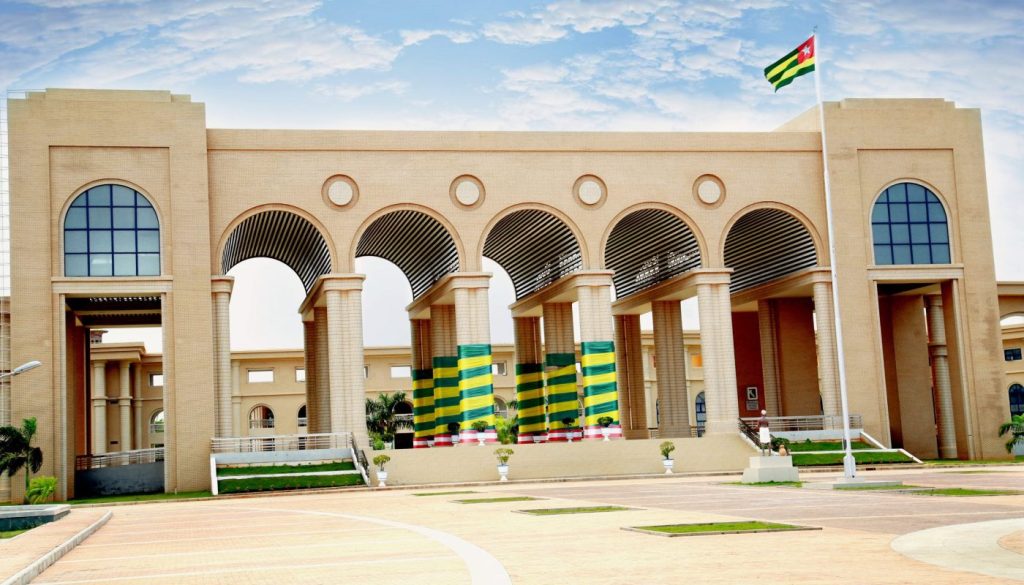Togo: Changes introduced following the second reading of the new Constitution

Togo’s National Assembly has made a historic turn by approving, in a second reading, the country’s new Constitution. This major reform, achieved with a significant majority of 87 votes out of the required 4/5, comes after intense debates and thorough examination of political issues.
One of the significant changes brought about by this constitutional revision is the reduction of the presidential term to 4 years, with one term limit.
Additionally, the President will now take the oath before the Congress, marking an evolution in the country’s institutional practices.
This constitutional reform follows the debates within the Togolese public opinion and the request expressed by President Faure Gnassingbé after the initial adoption of the Constitution.
The modifications introduced in this second reading are substantial, notably the transition from a semi-presidential to a parliamentary system.
Among other notable changes are the redefinition of candidacy modalities for the presidential position, with an increased role of parliamentary groups in the electoral process.
Furthermore, the Constitution establishes two separate orders of jurisdictions and defines the status of former Presidents of the Republic.
This constitutional reform paves the way for a new political era in Togo, characterized by greater parliamentary responsibility, transparent governance, and strengthened democracy.
It reflects the will of the Togolese people and their representatives to modernize institutions and promote democratic values in the country.
Chantal TAWELESSI











